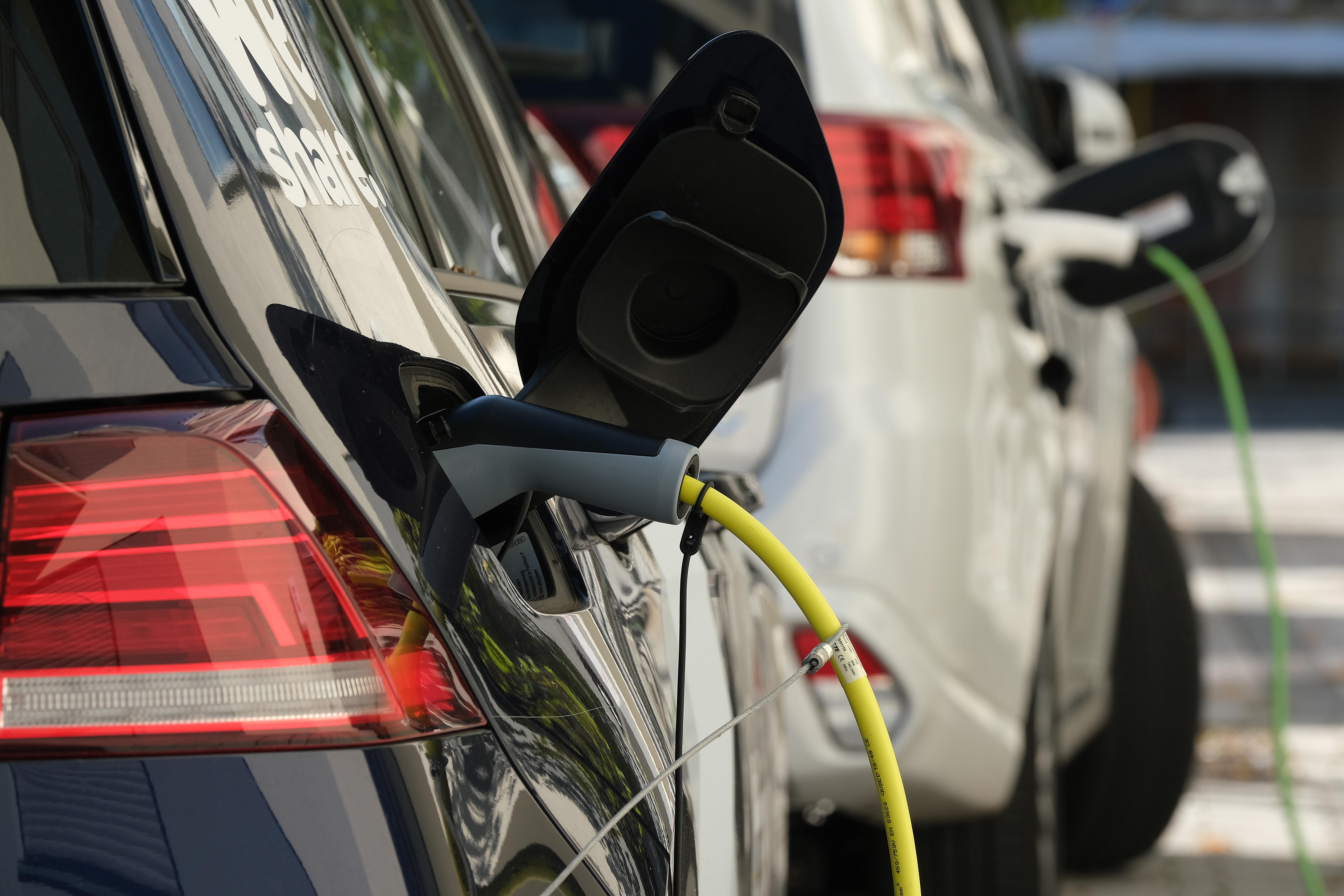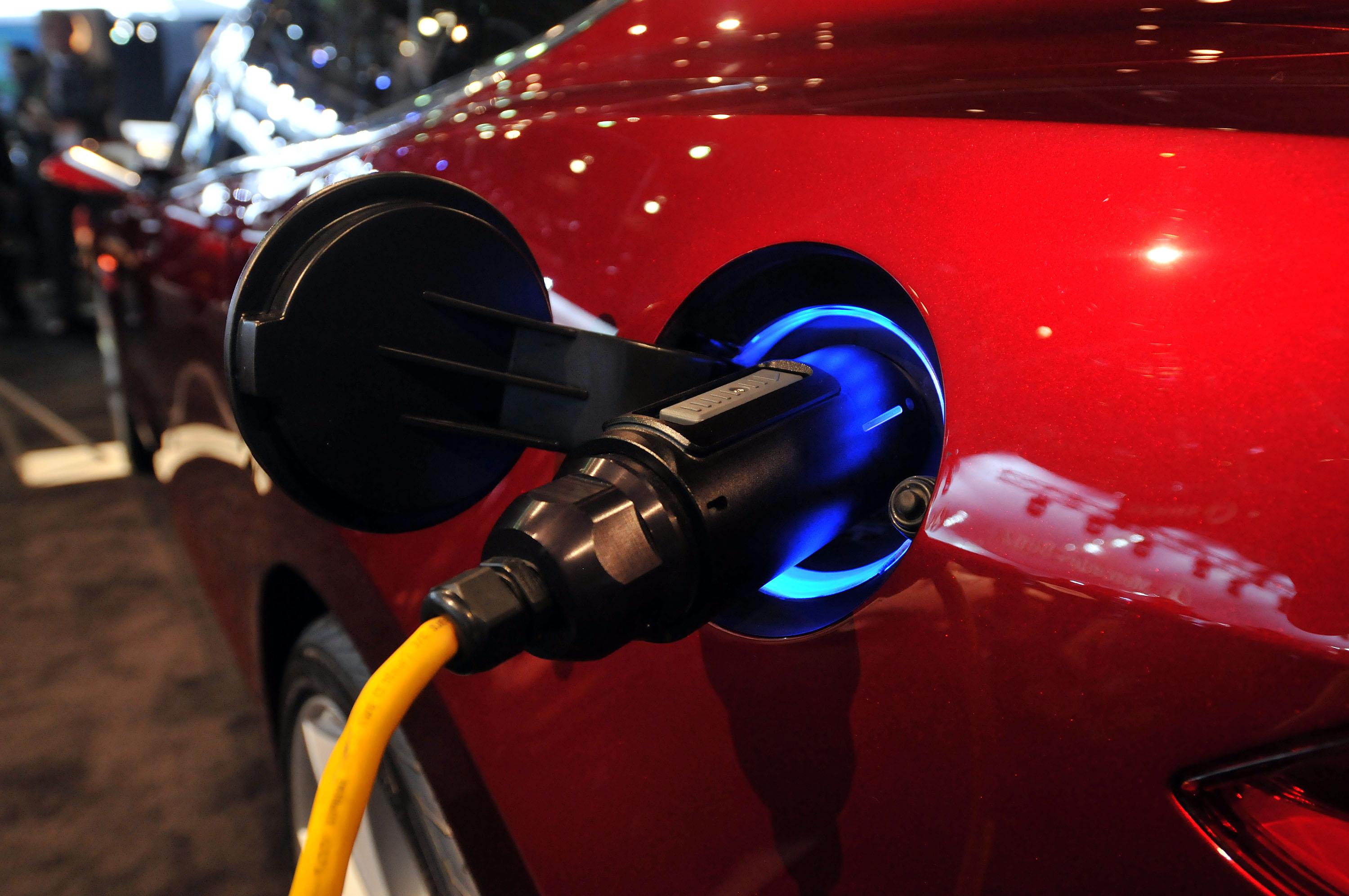Biden Wants to Replace U.S. Government Fleet of 645,000 with Electric Vehicles
Updated Jan. 27 2021, 9:24 a.m. ET

President Joe Biden has proposed replacing the U.S. government's fleet of 645,000 cars and trucks with American-made electric vehicles in a push for the widespread adoption of clean, renewable energy. As well as helping to reduce the nation's carbon emissions, Biden suggested that the move could create jobs for American autoworkers.
"The federal government also owns an enormous fleet of vehicles, which we're going to replace with clean electric vehicles made right here in America made by American workers," Biden said on Monday while signing his "Buy America" executive order, as per Reuters.

The president also pledged to close loopholes that allow the U.S. government to purchase vehicles assembled in the country even if they have significant non-American made components.
To encourage consumers to make the switch, Biden has proposed massive investments in charging station infrastructure and new tax breaks.
Biden's executive order did not mandate the purchase of electric vehicles, and the White House is yet to set out over what period the vehicles would be acquired. The announcement follows a campaign pledge to "make a major federal commitment to purchase clean vehicles for federal, state, tribal, postal, and local fleets."
According to the General Services Administration, as of 2019, the U.S. government owned 645,000 vehicles that were driven 4.5 billion miles, consuming 375 million gallons of gasoline and diesel fuel. In 2019 alone, the U.S. government spent $4.4 billion on the fleet.
The federal transition to electric vehicles has been slow, with just 3,215 electric vehicles in the fleet as of July 2020. According to an analysis by Reuters, Biden's pledge to replace all of the gasoline cars could cost $20 billion or more.
However, the plan could lead to savings over the long run. As researchers from the International Council for Clean Transportation (ICCT) told The Guardian, electric car owners in Europe enjoy cheaper running costs than those who own gasoline and diesel vehicles. Savings range from 5 percent in the U.K. to 27 percent in Norway.

Sandra Wappelhorst of the ICCT explained to The Guardian: “Most trips are within an electric vehicle’s range, and it is the battery electric vehicle that turns out to be the most cost effective over four years."
Wappelhorst added that financial incentives for electric cars would no longer be needed when advances in battery technology drop electric vehicles to the price of fossil-fuel powered vehicles. “It will happen, because battery costs are dropping and that means that the initial price of the vehicles will drop as well,” she said.
According to an analysis by the U.K.-based Auto Express and Direct Line Group, owning a gasoline-powered car for 14 years costs £53,625 ($73,400 UDS) while owning a new electric vehicle over the same period costs £52,133 ($71,350). Annual running costs are 21 percent less for the electric vehicle, taxes and servicing costs are reduced by 49 percent, and recharging is 58 percent cheaper than refueling. On top of this, electric vehicles hold their value for twice as long as gasoline cars.
However, the cost of owning an electric vehicle in the U.K. was increased by insurance, which rose by 25 percent, and the higher cost of electric vehicles when they are initially purchased.
“Although the cost of lithium-ion batteries used in EVs is reducing, they remain more expensive than conventional internal combustion engine (ICE) powertrains and are therefore generally more expensive to purchase," Anca Young of Thatcham Research explained to Auto Express.
“There’s movement towards greater collaboration between vehicle manufacturers with a view to reducing the cost of EV development and production," Young added. "The general construction of EVs differs from traditional cars and typically materials, parts and repairs are more complex and costly. This makes the overall insurable risk less competitive than many traditional, ICE options.”